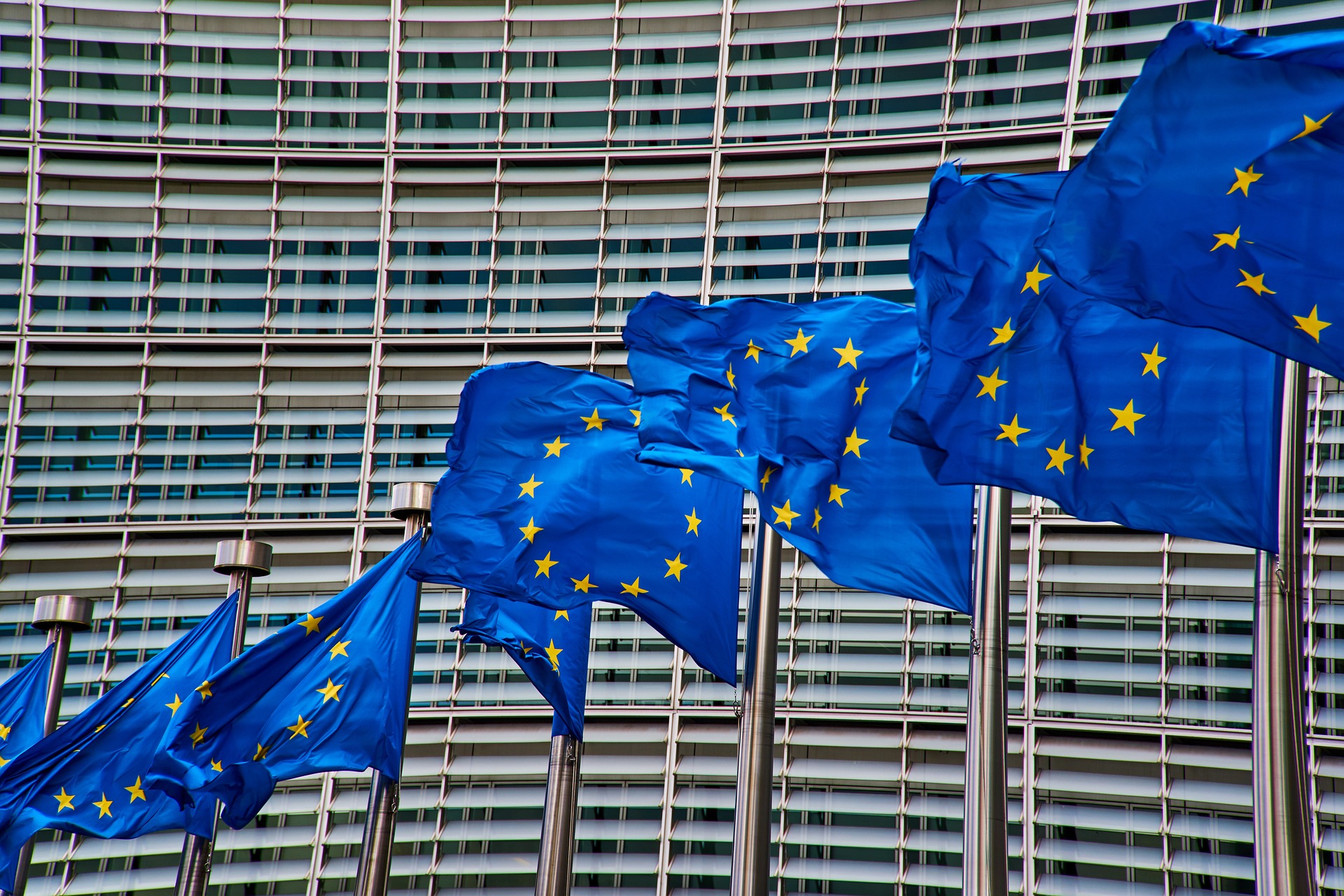
Minister Szijjártó emphasized the collective strength of joint action in addressing crucial issues.Continue reading
The Hungarian people expect that the current EU political elite, which is detached from reality and the interests of the European people, should not destroy the European Union, the Speaker of the National Assembly said at the Central Europe Forum in Dresden.
Speaking at the event organized by the Saxon State Parliament, László Kövér said that “we Central Europeans are more often lectured about what the European Union expects of us than we are asked what we Central Europeans expect of the European Union.” The expectations of Hungarians are that the European Union should not be transformed from a peace project into a war project, from a democracy project into a dictatorship project, from a welfare project into an impoverishment project, and that the European Union should not be transformed into an anti-Christian political force in the land of two thousand years of Christian culture, he stressed.
Mr. Kövér pointed out that the EU is primarily a union of sovereign and equal member states, which have voluntarily entered into alliances.
Therefore, any attempt to undermine the sovereignty of Member States by circumventing or reinterpreting the rules of the treaties or by exerting pressure to have them changed, or by aggressively interfering in their internal affairs, is not only illegitimate, but also threatens to render the union inoperable and to disintegrate it.
In his speech, the Speaker of the National Assembly presented the Hungarian vision of “a better European Union.” According to Hungary, the objective of “ever closer unity” should be removed from the treaties, as integration should serve the fulfillment of national freedom.
The treaty should include the fundamental principle that Europe’s Christian roots and culture are the basis of European integration, a ban on further EU debt, the political and ideological neutrality of the European Commission, the importance of tackling the demographic challenge, and supporting families.
The competences that can be exercised through the European Union institutions must be reviewed and fixed, the European Parliament’s representatives must be delegated to national parliaments, thus ensuring genuine political legitimacy, and national parliaments must be able to prevent unwanted EU legislation, as must the ability of national governments and national parliaments to initiate EU legislative procedures. A common European army must be set up to defend Europe, and the right of all peoples to choose who they want to live with in their countries must be guaranteed at treaty level. Finally, the national minorities living in the EU must be given protection and support under treaties, Kövér said.
He stressed that the experience of the past decade has shown that only strong and capable Member States are able to protect their citizens, and therefore it is the task of the European Union to support its members in effective crisis management. At the same time, he noted that despite all its problems, the
EU is still the most favorable international framework for the promotion and protection of Hungarian national interests, and he would like it to remain so.
Matthias Rössler, Speaker of the Saxon State Parliament, added that the Central Europe Forum, founded in 2011 at the initiative of a group of Czech, Polish, Slovak, Hungarian, Austrian, and German diplomats, politicians, intellectuals, and academics, had been set up from the outset to shape dialogue between neighboring regions and to find central European answers to Europe-related questions and to strengthen solidarity between civil societies.
Speaking at a panel discussion on Central European expectations of the European Union, Mr. Kövér said that Hungarians have drawn the conclusion from history that they should live where they are, that Russia will not disappear and will never be a liberal democracy, and that we should live with Russia even if it is different from us. He pointed out that we are now witnessing the continuation of the Second World War, which was not properly concluded, and we are now suffering the consequences.
Jiří Drahoš, the first vice-president of the Czech Senate, emphasized that the perception of the war in Ukraine differed between countries and that he was glad that Western countries had used the experience of the East and understood that Russia could not be trusted. However, there are countries, such as Hungary, which despite having experienced totalitarianism, do not want to see where Russia’s aggressive policy could lead, he said.
Commenting on the war, Marek Krząkała, chairman of the Polish-German parliamentary committee of the Polish Sejm, underlined that diplomacy had failed and that Poles had no doubt that Russian President Putin would not back down. If Ukraine – which is fighting for European values because it wants to be part of the EU – lost, the other countries would follow. And if the European countries do not agree on the issues of the war, this will be a weapon in Putin’s hands against the EU, he pointed out.
Via MTI; Featured Image: Facebook / HírTV